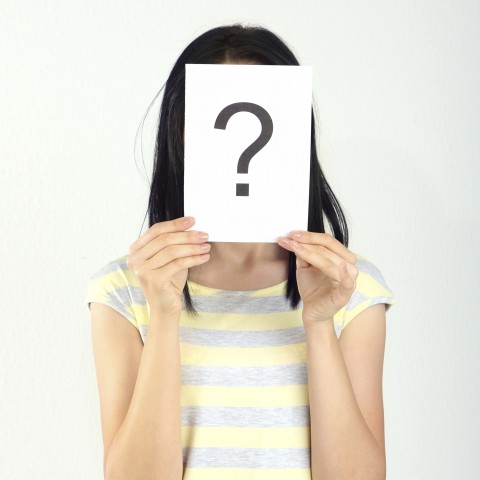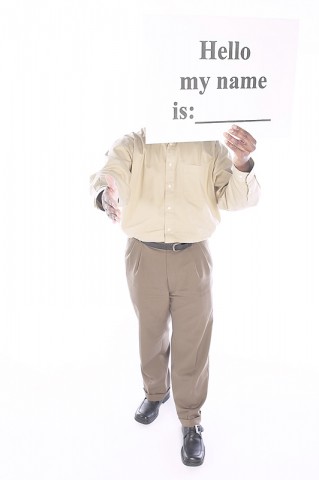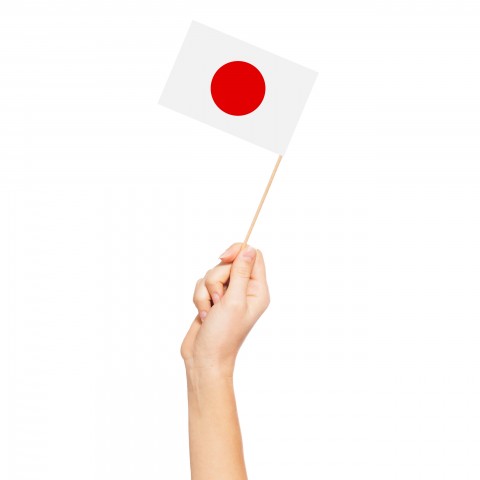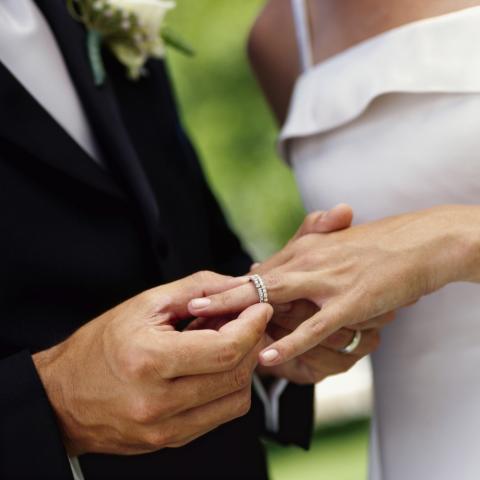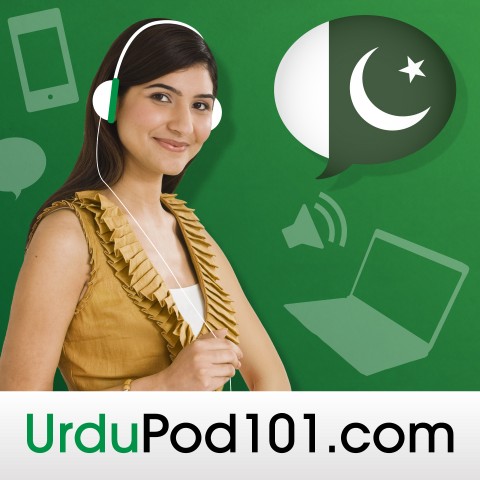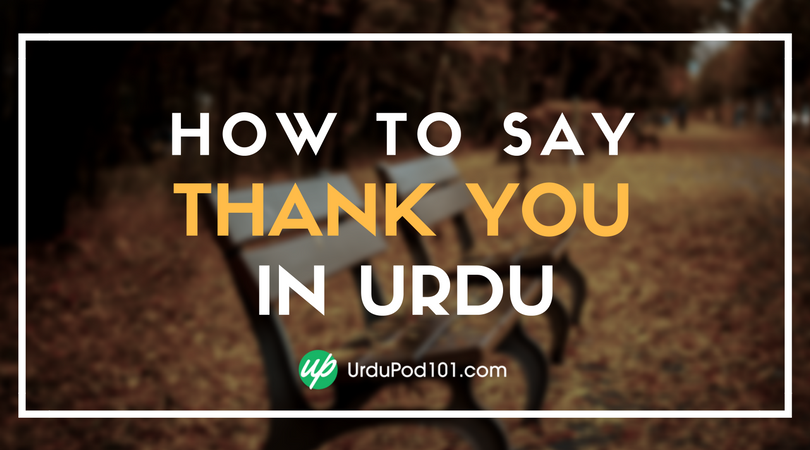
An appropriate and friendly introduction in the Urdu language to the natives can allow you to rub elbows with them without much effort. People always take pleasure and pride in speaking their language. To hear the local language from a foreigner’s mouth is a real-time exotic experience which evokes the interest of the locals and serves as the key to rapport-building with them.
Introducing yourself in Urdu won’t be a problem anymore; this article will trigger your first flight to the journey of Urdu-learning by familiarizing you with things like “My name is” in Urdu. Whether you need to learn how to introduce yourself in interview in Urdu or just talking about yourself in Urdu, you’ve come to the right place.
If you’re asking, “How can I talk about myself in Urdu language?” learning a few basic Urdu introductory sentences or lines to introduce yourself in Urdu can prove to be a good beginning for you. However, before proceeding further into how to introduce yourself in Urdu language, you’ll greatly benefit from firsthand knowledge about Pakistani Urdu culture.
Table of Contents
- Some Do’s and Don’ts in Pakistanti Urdu Culture
- Seek Attention with Greetings
- Inquiring After Someone’s Well-Being in Urdu
- Identifying Yourself
- Placing Yourself in Society
- Express Gratitude at the End of the Discussion
- Practice and Exercise: Write a Sample Essay to Introduce Yourself in Urdu
- How UrduPod101.com Can Help You

1. Some Do’s and Don’ts in Pakistani Urdu Culture
Before beginning, be sure to check out our “Urdu in Three Minutes: Introducing Yourself in Urdu” video above!
When visiting an Urdu-speaking society like Pakistan, you must keep some social, cultural, and religious factors in consideration. These factors will help you win the confidence of the natives and enjoy your stay there. Let’s have a cursory look at some of the salient factors in this regard.
- Avoid having consistent eye-contact with the opposite gender. It’s not advisable in Pakistani society, and is almost an offense in some cases.
- Avoid shaking hands with the opposite gender.
- Keep a reasonable physical distance from the opposite gender while talking.
In short, the list above indicates that you should always be considerate enough to use different body language for different genders, as this is a significant aspect of Pakistani Urdu culture.
Now that we’ve discussed a few important do’s and don’ts, below are a few magical sentences and phrases to equip you with answers to the most common questions. Here’s how to introduce yourself in the Urdu language, from self-introduction in Urdu for interviews to talking about where you are from in Urdu!
2. Seek Attention with Greetings
How to introduce yourself to someone in Urdu (or any language) begins with hello.
- السلام علیکم
Assalam-o-Alaikum.
“Hello.”
السلام علیکم (Assalam-o-Alaikum) is the most widely used greeting in Pakistan to seek attention and start a discussion with someone to introduce yourself in Urdu. It literally translates to: “Peace be upon you.” Although it doesn’t translate to the English greeting “hello” exactly, it’s the near equivalent to it. It’s the biggest icebreaker in the Urdu language. Once you can pronounce it properly, you’ve taken your first step toward mastering the best way to introduce yourself in Urdu.
Subsequently, to conclude a conversation with the phrase خدا حافظ (Khuda Hafiz) is the most appropriate ending. Literally, it means, “May God protect you.” It will always leave a good taste in the mouth of the person you’ve talked with. You may use these greetings for males and females both, without any gender discrimination.
Remember! During self-introduction in Urdu language, shaking hands with the same gender is desirable; however, always avoid shaking hands with the opposite gender.
3. Inquiring After Someone’s Well-being in Urdu

How to inquire about someone’s general well-being or health in Urdu is another thing which may be on your mind after meeting a native Urdu speaker. Following are the key sentences you can use to ask about someone’s well-being (or talk about your own).
If inquiring about the health of a male, you’ll use:
- آپ کیسے ہیں؟
Aap kaisay hain?
“How are you?”
If inquiring about the health of a female, you’ll use:
- آپ کیسی ہیں؟
Aap kaisi hain?
“How are you?”
Here’s the most suitable answer to the question:
- میں بالکل ٹھیک ہوں، شکریہ۔
Mein bilkul theek hun, shukriya.
“I am perfectly alright. Thank you.”
تم کیسے ہو؟ (Tum kaisay ho?) when asking a male, and تم کیسی ہو؟ (Tum kaisi ho?) when asking a female, or “How are you?” is another sentence to ask about the well-being of someone while introducing yourself in Urdu. However, this sentence is an informal way of inquiring after people of your own age group or who are younger than you. If spoken to an elder or a senior, it’s taken as a sign of disrespect.
For new learners, the informal way of inquiring after someone isn’t recommended. Thus the tip of the day is to be as formal as you can at the beginning, for it will save you many embarrassing situations.
4. Identifying Yourself
The universal practice of naming is important to all human beings across the globe. Therefore, beginning to introduce yourself in Urdu by disclosing your name is the best possible strategy.
1- Talking About Your Name in Urdu
How to say my name in Urdu may be the most pertinent question in your mind after the greeting session. Here are three widely used ways of stating your name in Urdu, along with the question you can use to ask someone else’s name.
Let’s start with the question.
- آپ کا نام کیا ہے؟
Aap ka naam kya hai?
“What is your name?”
There are three popular ways to state your name in Urdu.
1. میرا نام ۔۔۔۔۔ ہے۔
Mera naam …..hai.
“My name is ……”
2. مجھے ۔۔۔۔۔ کہتے ہیں۔
Mujhe …… kehty hain.
“I am known as ……”
3. میں ۔۔۔۔۔ ہوں۔
Mein ….. hun.
“I am …..”
In all three cases, fill the blank space with your first name. If you’re wondering how to introduce yourself in an interview in Urdu, or about any other informal occasion of introducing yourself in Urdu, the above examples are a good way to go about this.
The first one is the most popular and recommended answer. Also, keep in mind to introduce yourself with your first name because it’s normative in Pakistan to call someone by their first name.
Now, let’s look at another advantageous sentence: the “Please introduce yourself,” meaning in Urdu. This is roughly equivalent to “Tell me about yourself,” in Urdu.
- مہربانی فرما کر، آپ اپنا تعارف کروائیں۔
Maharbani farma kar, apna taaruf karwain.
“Please, introduce yourself.”
2- Talking About Your Age in Urdu
Telling your age or asking another’s is another way of keeping the discussion going and engaging someone in your introduction in the Urdu language. An Urdu-speaking person may ask your age as follows:
- آپ کی عمر کتنی ہے؟
Aap ki umer kitni hai?
“How old are you?”
Here’s the most recommended way to reply:
1. میں ۔۔۔۔۔ سال کا ہوں۔
Mein …… ka hun
“I am …… years old.” [Male]
2. میں ۔۔۔۔۔ سال کی ہوں۔
Main …… ki hun
“I am …… years old.” [Female]
You can fill in the blank space with the exact digit or number in Urdu of your age. Please, keep in mind that the first sentence is for the masculine gender, and the second for the feminine gender. The Urdu words کا (ka) and کی (ki) show the masculine or feminine possession of something, respectively.
3- Nationality

If you find it necessary to disclose your nationality in Urdu, you can always benefit from the following sentences.
- آپ کون سے ملک سے ہیں؟
Aap kon say mulk say hain?
“Which country are you from?”
1. میں جاپان سے ہوں۔
Mein Japan say hun.
“I am from Japan.”
2. .میں جاپانی ہوں
Mein Japani hun.
“I am Japanese.”
Here, once again, we have two sentences to state our nationality; however, these sentences aren’t gender case sensitive. The basic difference between them is that if you want to use the name of your country in Urdu without any change, then you can opt for the first sentence.
However, if you want to state your nationality, go with the second sentence by mentioning your nationality in the blank space.
5. Placing Yourself in Society
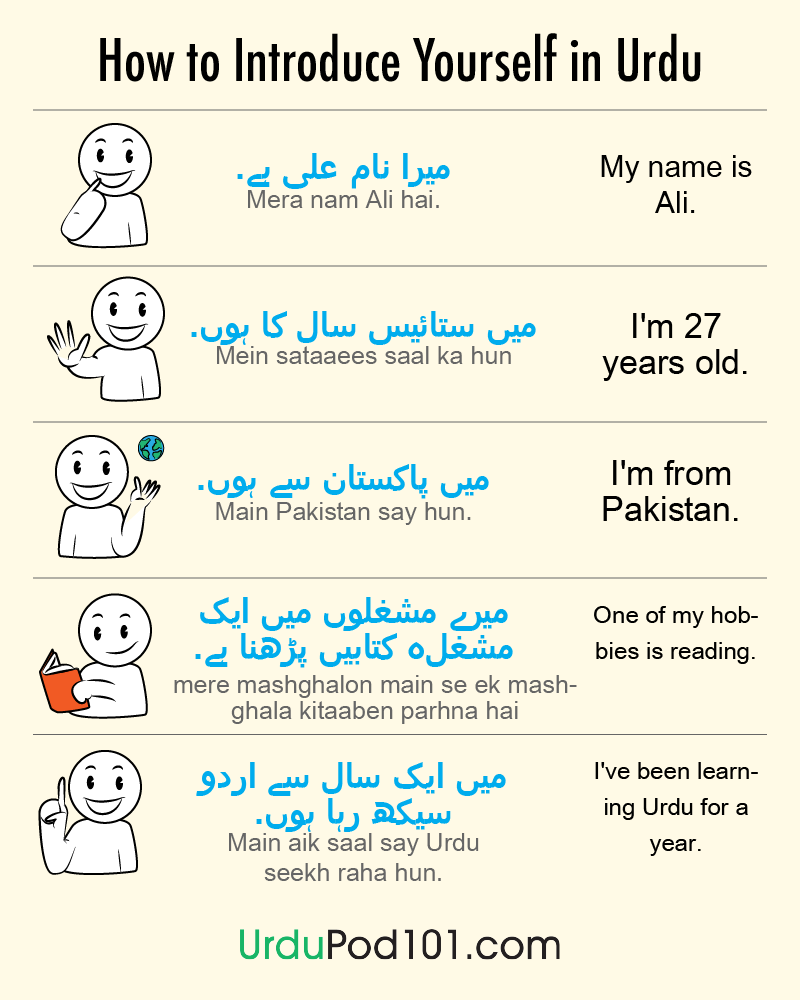
1- Occupation: Talking About Your Job in Urdu
To state your profession or occupation in Urdu helps you to open new vistas for discussion, while simultaneously accelerating the process of socialization. Below are some sentences you can use to state your profession in the Urdu language.
- آپ کا پیشہ کیا ہے؟
Aap ka peisha kya hai?
“What is your profession?”
1. میں پیشے سے ۔۔۔۔۔ ہوں۔
Mein peishy say ….. hun
“By profession, I am a ……”
2. میں ایک ۔۔۔۔۔ ہوں۔
Mein aik ….. hun
“I am a ……”
In both cases, you need to write down your exact profession, without any change (e.g. doctor, engineer, lawyer, etc.). This will clearly indicate your profession to the questioner.
2- Marital Status
Now, if you’ve become intimate enough with someone, it may be time to share your personal details with him/her. Telling about your marital status is one such personal share. Here are some phrases you can use to talk about your marital status in Urdu:
- کیا آپ شادی شدہ ہیں؟
Kya aap shadi shuda hain?
“Are you married?”
1. جی ہاں، میں شادی شدہ ہوں۔
Jee haan, mein shadi shuda hun
“Yes, I am married.”
2. جی نہیں، میں شادی شدہ نہیں ہوں۔
Jee nahi, mein shadi shuda nahi hun.
“No, I am not married.”
The first reply affirms that you’re married, while the second one negates.
3- Talking About Your Family in Urdu: Family Details
If you want to extend the conversation and share some more information about your family members in Urdu, this is the right moment. Ask about the other person’s children, or tell about your own, as follows.
- آپ کے کتنے بچے ہیں؟
Aap kay kitnay bachay hain?
“How many children do you have?” - میرے ۔۔۔۔۔ بچے ہیں۔
Mery ….. bachay hain.
“I have ….. children.”
In the blank space, plug in the number of children you have.
4- Hobby
Finding someone with a mutual hobby is a very good omen in a foreign land. Always go for a hunt by discussing hobbies in the following manner.
- آپ کا مشغلہ کیا ہے؟
Aap ka mashghala kya hai?
“What is your hobby?” - میرا مشغلہ ۔۔۔۔۔۔ ہے۔
Mera mashghala ۔۔۔۔۔۔۔ hai.
“…… is my hobby.”
Fill in the blank space with your hobby, and you’ve hit the bull’s eye!
6. Express Gratitude at the End of the Discussion

Giving a proper ending to your introduction is quite significant; it determines the nature of the future relationship between you and the other speaker. Don’t make haste, and rather try to give proper closure to the discussion.
- آپ کو یہاں آ کر کیسا لگا؟
Aap ko yahan aa kar kaisa laga?
“How do you feel here?” - مجھے یہاں آ کر بہت خوشی ہوئی۔
Mujhe yahan aa kar bohat khushi hui.
“I am very happy to be here.”
Don’t forget to respond to thanks with thanks. This is the best available conclusion in Urdu. Besides the following expression, remember to have a look at the common ways to say thank you on UrduPod101.com, as well.
!شکریہ Shukriya! “Thank you!”
Reciprocate the compliment with the same vigor and grace, as this is considered courteous.
!شکریہ Shukriya! “Thank you!”
Yes, you have concluded your conversation perfectly!
7. Practice and Exercise: Write a Sample Essay to Introduce Yourself in Urdu
No one can undermine the significance of a good introduction, because it’s your first impression on others. Here, you’ve been informed with a few tips, techniques, and sentences that may help you in leaving a good, sound, and memorable impression on native Urdu speakers.
To become fully confident in answering the question of how to introduce yourself to someone in Urdu, try to do different exercises with the help of our website: UrduPod101.com.
Now, how to go about introducing yourself in Urdu?
Initially, writing an essay titled “Myself in Urdu” is a workable suggestion to start with. Practice saying “My name is” in Urdu, and much more in your essay. Here’s a sample essay to provide you with a road map to writing your comprehensive introduction.
1- Sample Essay
میرا نام ہاروکی موراکامی ہے۔ میں ایک جاپانی لکھاری ہوں۔ میں کیوٹو، جاپان میں پیدا ہوا۔ میں ایک جاز بار اور کافی ہاؤس کا مالک ہوں۔ میری عمر ستر سال ہے۔ میں نے ٹوکیو میں واقع وسیڈا یونیورسٹی سے تعلیم حاصل کی۔ میراتھن ریس میرا مشغلہ ہے۔
Mera naam Haruki Murakami hai. Mein ek Japani likhari hun. Mein Kyoto, Japan mein paida hua. Mein ek jazz bar aur coffee house ka malik hun. Meri umer sattar saal hai. Mein nay Tokyo mein waqay weseda university say taleem hasil ki. Marathon race mera mashghala hai.
“My name is Haruki Murakami. I am a Japanese writer. I was born in Kyoto, Japan. I am the owner of a Jazz bar and coffee house in Tokyo. I am seventy years old. I studied drama at Waseda University located in Tokyo. The marathon race is my hobby.”
8. How UrduPod101.com Can Help You
Everyone knows the famous proverbial rule that practice makes a man perfect. If you want to interact with an Urdu-speaking person or community frequently, and you want to get mastery over this art, join us at UrduPod101.com. We’ll give you the best experience of reading and learning something significant about how to introduce yourself in Urdu, and beyond.
Here, you’ll find a few key phrases and sentences to familiarize you with the art of introducing yourself in the Urdu language. In addition, UrduPod101.com has also introduced a series of comprehensive video lectures on Urdu language-learning strategies.
Until next time, let us know how you feel about these phrases and simple introduction etiquettes! Do you feel more confident now? What are the similarities and differences to those in your own country? We’d love to hear from you!
Very Happy Urdu Learning!




